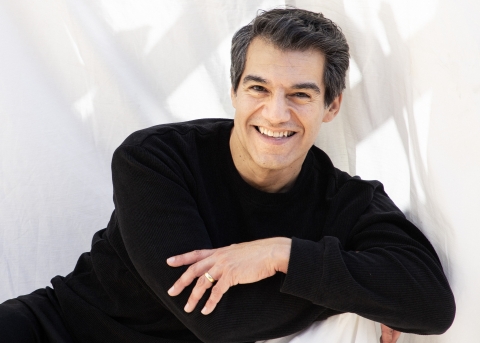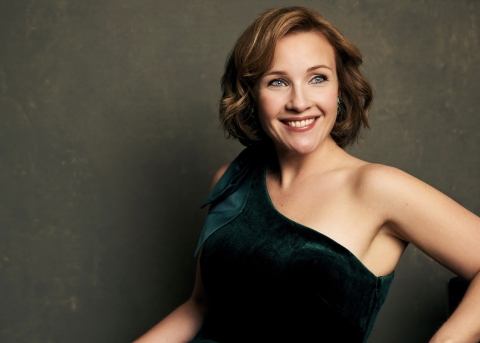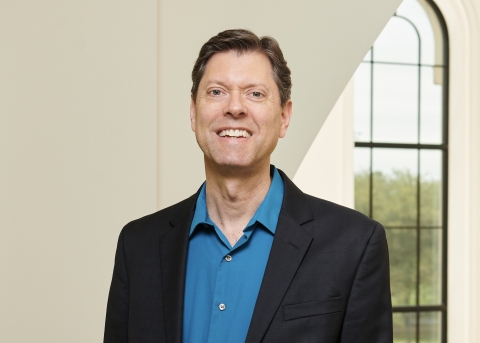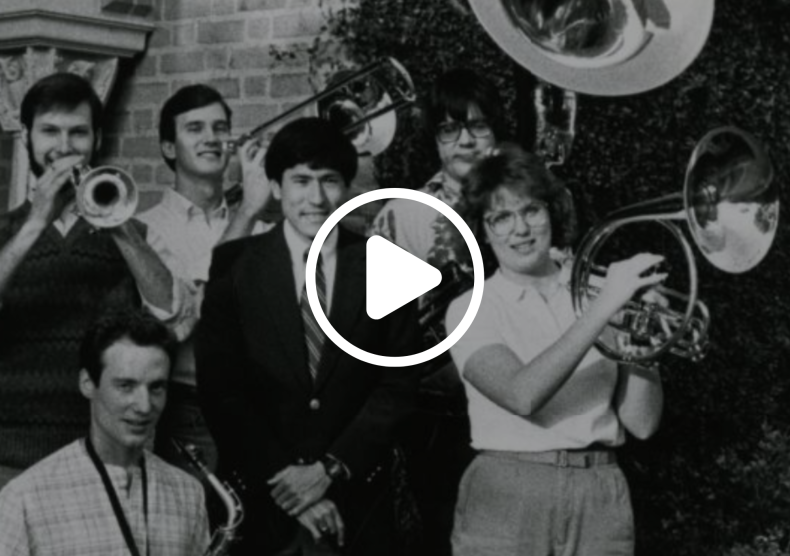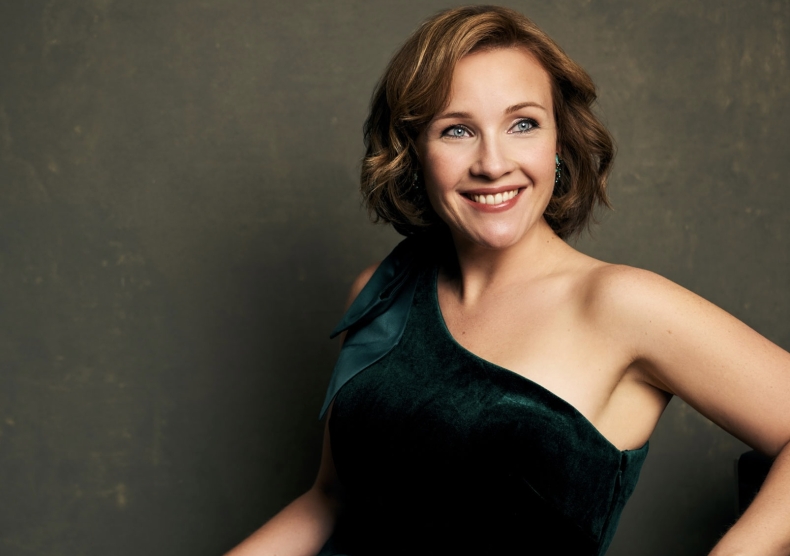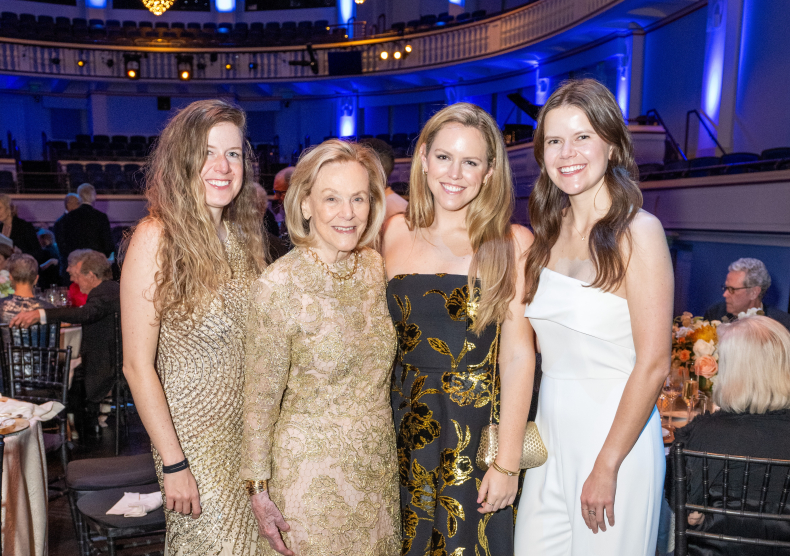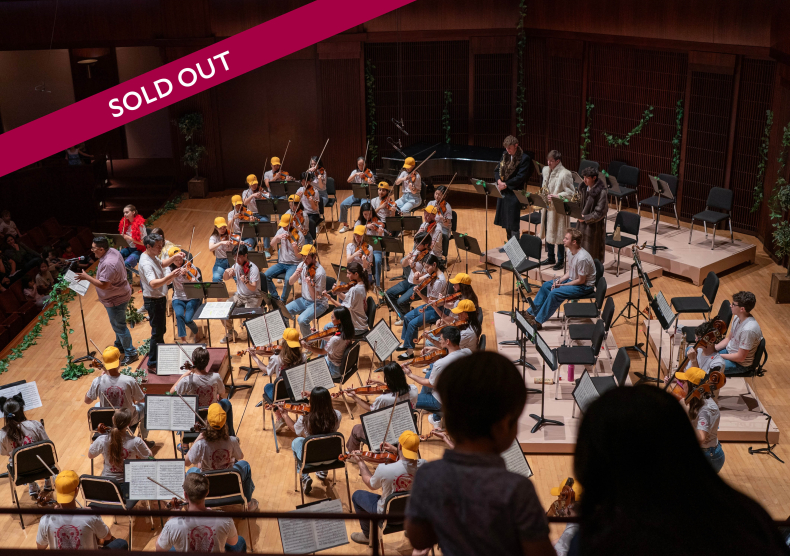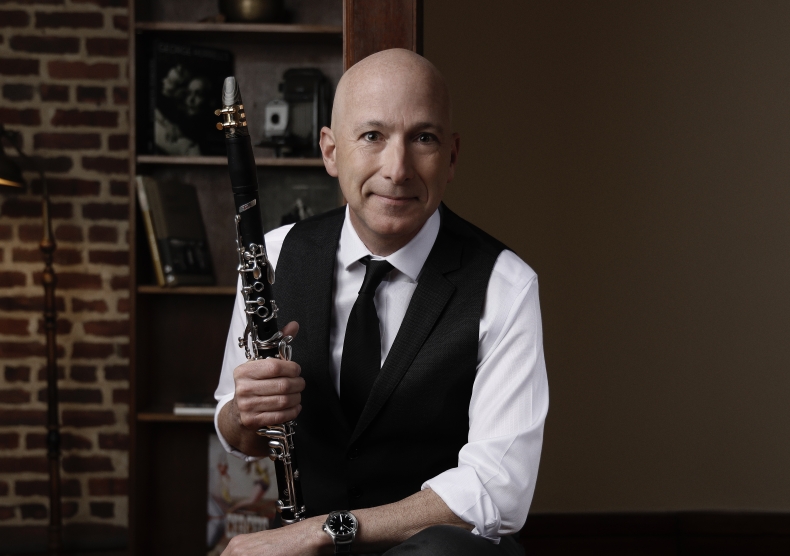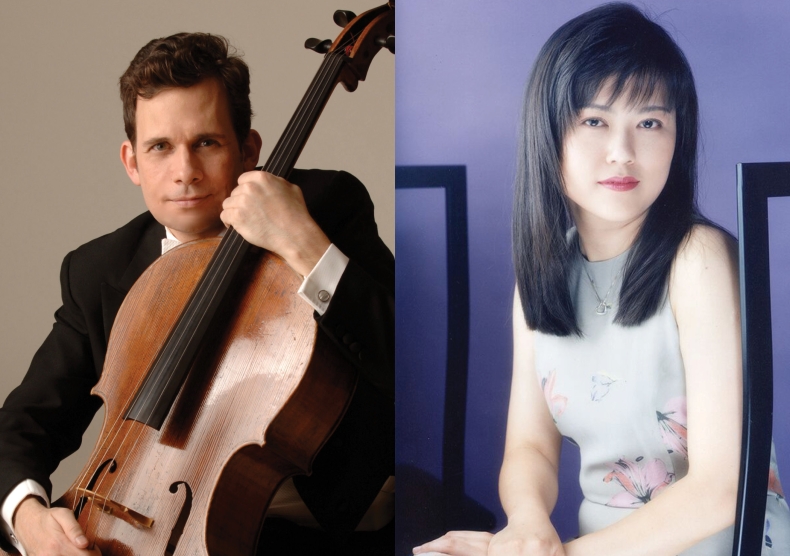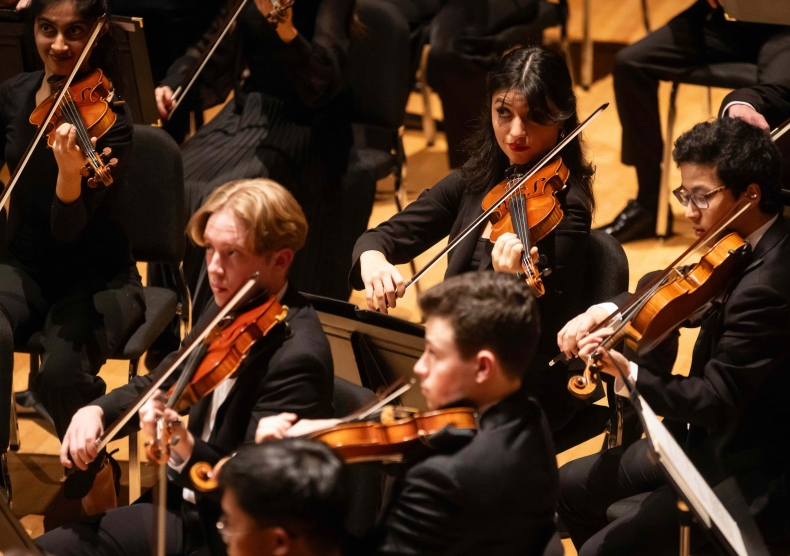6:00pm Reception | 7:00pm Performance | 8:15pm Gala Dinner
As we celebrate the Shepherd School’s 50th Anniversary, we’re setting the stage for a musical evening unlike any other.
This culminating anniversary event begins with a reception with complimentary wine, a signature cocktail, and light hors d’oeuvres in the Grand Foyer of Stude Concert Hall for all concert attendees. Followed by an unforgettable concert in Stude featuring special guests and the Shepherd School Orchestra under the direction of faculty conductor Miguel Harth-Bedoya.
An elegant seated dinner on the Morrison Theater stage in the stunning Brockman Hall for Opera will take place following the concert for Gala event supporters.
This golden milestone is more than a celebration; it’s a joyful tribute to the extraordinary students, faculty, and alumni who give the Shepherd School its soul — and to devoted champions like Anne Duncan, whose passion and generosity have helped shape our school’s bright future.
Repertoire
Bernstein, Overture to Candide
Pierre Jalbert, Another Starry Night* featuring Sasha Cooke ('04)
Tchaikovsky, Capriccio Italien
Program Notes
Bernstein: Overture to Candide
Born in 1918, Leonard Bernstein was one of the most dynamic musical figures in twentieth-century America as a composer, conductor, pianist, and educator. He was one of the first American-born conductors to lead world-class orchestras, and his diverse compositions range from concertos to musicals, including the hugely successful West Side Story. Opening on Broadway in 1956, Bernstein’s operetta Candide, adapted from Voltaire’s satire Candide or Optimism (1759), follows a hopelessly optimistic young man on a journey of numerous misfortunes. Though the operetta itself was initially unsuccessful, the music quickly captured audiences’ hearts, and the overture rose to prominence in concert halls as a sparkling concert opener.
Candide’s Overture bursts open with a brilliant fanfare of bright brass and percussion, rushing onto the stage with confidence. A flurry of short and jovial motifs bounces in like mischievous children, chasing each other through the woodwinds and strings. A lyrical and tender middle section follows as the energy softens with a pleasant and affectionate melody. The excitement then increases with the return of those quick, mischievous motifs. But this time, they seem a little more hurried, as the motifs collide into each other and the tempo accelerates. Just when it seem ready to topple, Bernstein throws in a sly gesture: the second-to-last note falls to a soft whisper, like a sneaky wink, right before the orchestra snaps to a bright and magnificent close. In a few brilliant minutes, Bernstein’s witty depictions in the Overture perfectly capture Voltaire’s satirical skepticism towards naïve optimism.
-Note by Steven Lee
Pierre Jalbert: “Slumber My Darling” from Another Starry Night
Another Starry Night explores the many meanings and qualities of “night.” The complete work is a five-movement song cycle for mezzo-soprano and orchestra, which we will hear next season. This evening, we hear the final movement, Slumber My Darling, based on a text of Stephen Foster. The preceding movement—a furious, dream-like sequence—culminates in a powerful orchestral outburst. Out of this intensity, the final movement emerges as a gently lyrical, heartfelt lullaby that brings the song cycle to a tender close.
-Note by Pierre Jalbert
Tchaikovsky: Capriccio Italien, Op.45
In 1880, aged forty, Pyotr Ilyich Tchaikovsky was a well-established composer enjoying wide recognition across Europe. However, his personal life had undergone misery and anguish. His failing marriage and the recent death of his father had devastated the Russian composer. Looking for an escape, Tchaikovsky travelled to Rome at the invitation of his brother Modest. Winter in sunlit Rome, amidst Carnival revelry, lifted spirits that had been dulled by Moscow’s bitter cold. Enchanted by the exuberant color and air of Rome’s streets, he began to compose Capriccio Italien, referring to it as “an Italian fantasia on folk tunes.” He gathered melodies he overheard locally—snippets of songs and dance tunes—and reworked them into his own original composition.
Tchaikovsky begins the piece with a bugle call from the trumpets, mimicking the sound that he heard from a cavalry barracks near his hotel. This bright fanfare then spreads across the brass section before giving way to a somber melody in the strings—one that resembles the winters of Moscow more than that of Rome. Yet just as the dark clouds begin to accumulate, the fanfare returns, sparkling like the late-afternoon sun. This is followed by the melancolic melody from the woodwinds, as if expressing a lingering, unfulfilled hope. A lyrical duet by the oboes shifts to a more pleasant mood and introduces a melody similar to the songs Tchaikovsky heard around the Italian piazza. After alternating the gloomy Russian tune and the lyrical Italian song, a rousing tarantella dance propels the piece to a more frenetic rhythm. The strings and the woodwinds alternate like two Italian dancers, circling and spinning with playful elegance. With the tambourine rattling away, the dancers’ footsteps accelerate and drive to a grand and spectacular finish.
-Note by Steven Lee
Artists
Sponsored By
Partial funding for Pierre Jalbert’s Another Starry Night from Rice University Office of Research


